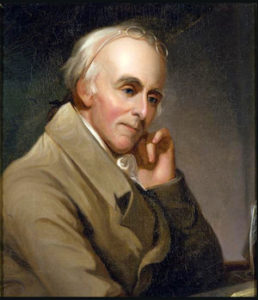Sarton, May
May Sarton (May 3, 1912-July 16, 1995) left an impressive legacy of over fifty books, including novels, poetry, memoirs and journals. Her appeal lay in her ability to “sacramentalize the ordinary” by probing everyday subjects such as flowers, gardens, animals, changing sunlight and personal relationships in order to find deeper, universal truths.…
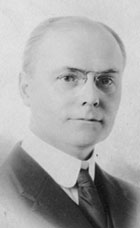 William Laurence Sullivan (November 15, 1872-October 5, 1935) was one of the most eloquent Unitarian ministers of his day and a spokesman for liberal Christianity at a time when religious humanism was gaining favor. In early life, as a Roman Catholic priest, he displayed exemplary courage when under pressure by papal authority to renounce the ideal of free inquiry in biblical interpretation.…
William Laurence Sullivan (November 15, 1872-October 5, 1935) was one of the most eloquent Unitarian ministers of his day and a spokesman for liberal Christianity at a time when religious humanism was gaining favor. In early life, as a Roman Catholic priest, he displayed exemplary courage when under pressure by papal authority to renounce the ideal of free inquiry in biblical interpretation.…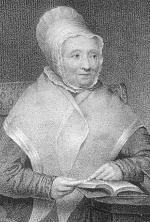
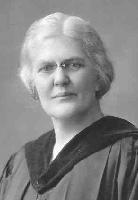
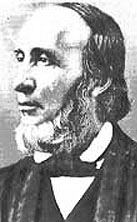
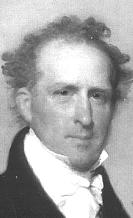
 Lucius Robinson Paige (March 8, 1802-1896) was a Universalist minister, biblical scholar, historian, and public official. Lucius was the youngest of nine children born to Timothy and Mary (Robinson) Paige of Hardwick, Massachusetts. His parents were Calvinists, but as Paige later wrote, “their hearts were so much better than their doctrine.”…
Lucius Robinson Paige (March 8, 1802-1896) was a Universalist minister, biblical scholar, historian, and public official. Lucius was the youngest of nine children born to Timothy and Mary (Robinson) Paige of Hardwick, Massachusetts. His parents were Calvinists, but as Paige later wrote, “their hearts were so much better than their doctrine.”…